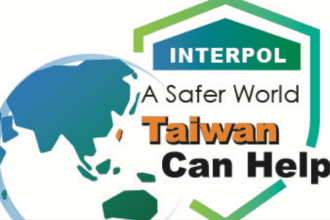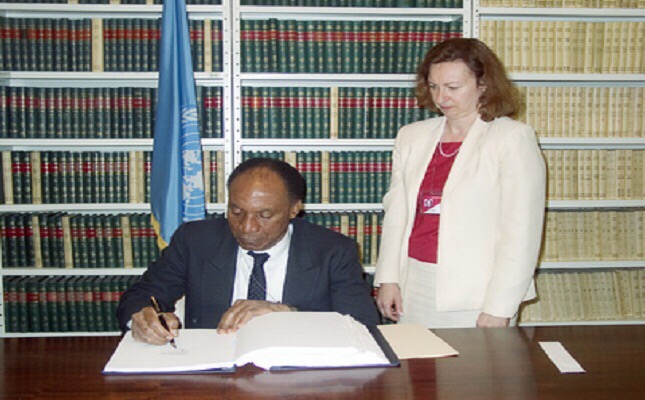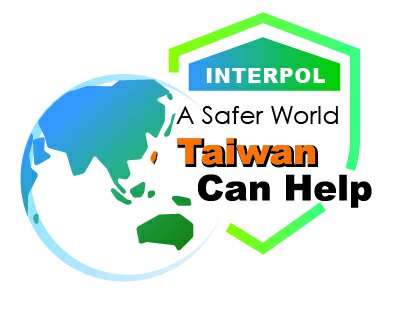In an era defined by interconnectedness and shared global challenges, the exclusion of Taiwan from international organizations poses not only an injustice but also a threat to collective security. One such crucial institution where Taiwan’s absence is acutely felt is the International Criminal Police Organization (INTERPOL). As the world grapples with increasingly complex transnational crimes, it is high time for the global community to rally behind Taiwan’s bid for participation in INTERPOL.
The need for Taiwan’s inclusion in INTERPOL is underscored by the intricate nature of modern crime, which knows no borders. Cybercrime, human trafficking, drug smuggling, and terrorism are just a few examples of transnational threats that demand a collaborative and inclusive approach, and denying Taiwan a seat at the INTERPOL table diminishes the organization’s ability to combat these shared challenges effectively.
In 2022, authorities in Taiwan’s law enforcement discovered a disturbing form of human trafficking in Cambodia and Myanmar. Perpetrated by well-organized criminal syndicates, these operations adopted sophisticated corporate structures and utilized online platforms to entice individuals globally with false promises of overseas job opportunities. Victims of these crimes found themselves in captivity, compelled to work in fraudulent call centers. They endured inhumaneconditions, including electric shocks, physical assaults, drug administration, and sexual violence, all aimed at coercing them into participating in various illicit activities orchestrated by the syndicates. These activities encompassed transnational fraud, the laundering of cryptocurrencies, and the trafficking of drugs and humans.
However, reports by Taiwan’s police authorities to INTERPOL were to no avail. Instead, Taiwan had to rely on police forces in friendly countries to pass on intelligence and cooperate in investigations. Additionally, Taiwan activated a comprehensive national anti-fraud team across various government sectors to undertake preventive, deterrent, rescue, and investigative operations, aiming to prevent further coercion of Taiwanese individuals into fraudulent activities.
By July 2023, 478 victims had been successfully rescued. The information provided by Taiwan has garnered global attention, prompting law enforcement agencies in Europe, the United States, Southeast Asia, and other regions to become aware of this new form of crime. Effectively addressing this global security issue requires the combining of international resources and the coordination of joint investigations to enforce laws.
It is imperative for the international community to rise above political considerations and recognize the tangible benefits of Taiwan’s participation in INTERPOL. Taiwan’s exclusion undermines the very ideals that INTERPOL seeks to uphold — the pursuit of international cooperation to combat crime and protect citizens worldwide.
In conclusion, supporting Taiwan’s participation in INTERPOL is not just a matter of fairness but a strategic imperative for global security. The world cannot afford to sideline a responsible and capable partner in the fight against transnational crime. It is time for countries to set aside political considerations and rally behind a more inclusive, secure, and just international order by endorsing Taiwan’s participation in INTERPOL.
Michael Lin
Ambassador of the Republic of China (Taiwan) to the Federation of St. Kitts and Nevis









